We work with in-house science writers, and closely with external ones, to place articles in publications such as Nature and Nautilus, The Times and The Daily Telegraph. These promote our views, celebrate our discoveries and shape the debate on how to do and fund science.
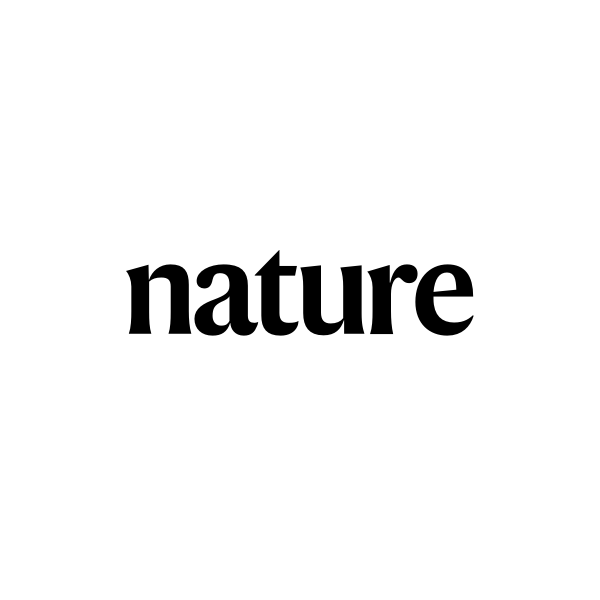
Physics & maths16 Jul
Langlands unlocked
The geometric Langlands proof brings mathematicians a step closer to a grand unified theory, Ananyo Bhattacharya writes in a Nature feature.

Artificial Intelligence11 Jun
A Fields Medal for AI?
The Financial Times features Prof. Yang-Hui He in a piece highlighting the potential impact of future AI models on academic mathematicians.
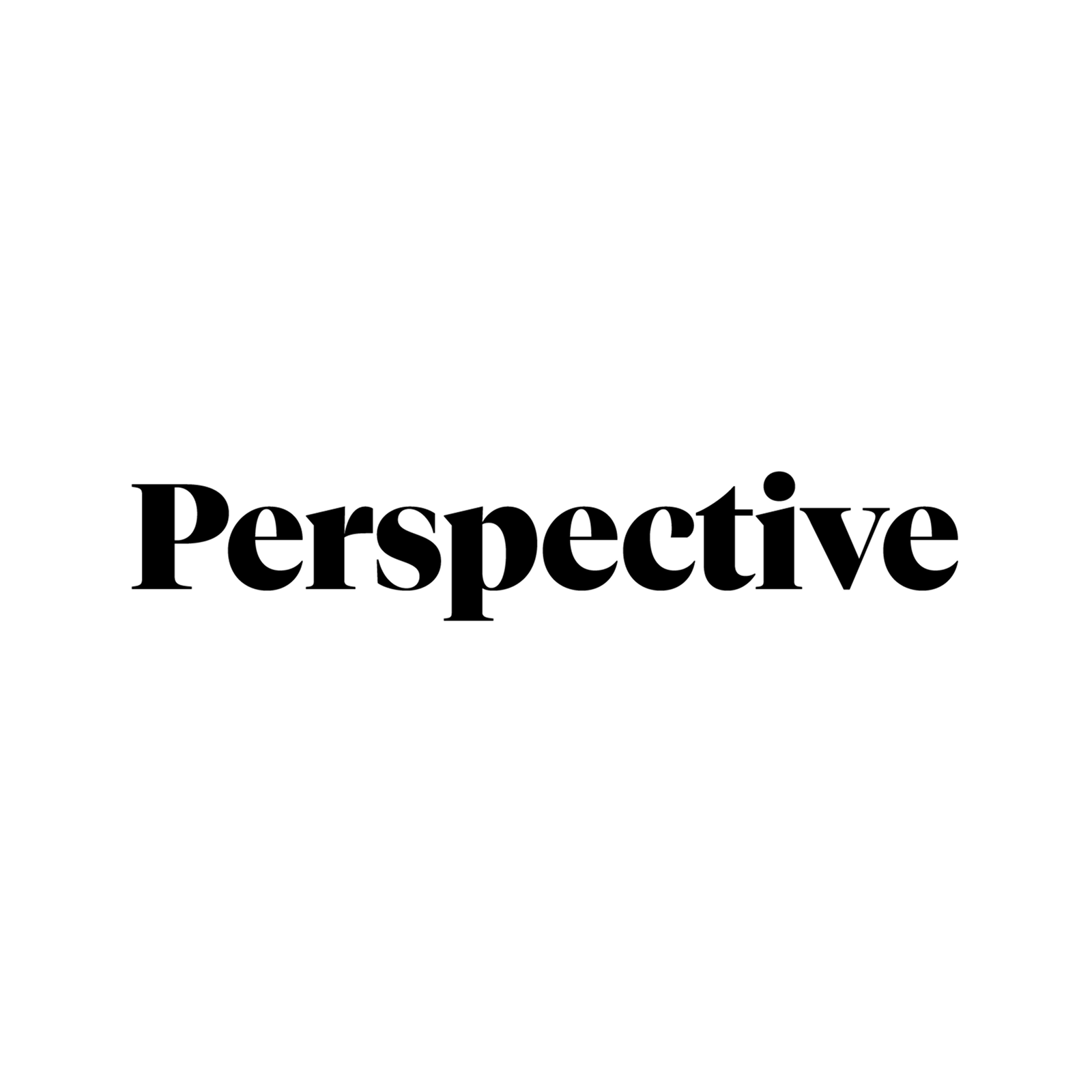
Philanthropy8 Jun
A restless billionaire
Ben Delo talks to Thomas W. Hodgkinson about overcoming Asperger’s, smoking the competition, and why he likes the London Institute.

Science funding7 Jun
The most valuable cargo
As US science funding falters, Britain creating posts for top American researchers would be a win for science on both sides of the Atlantic.
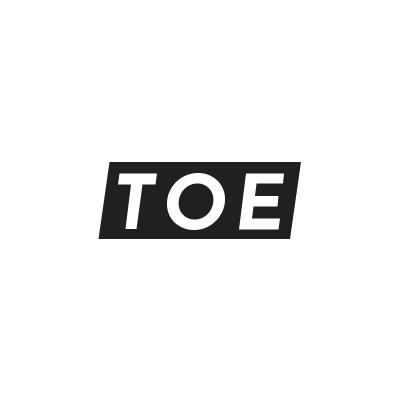
AI-assisted maths21 May
Talking murmurations
Prof. Yang-Hui He discusses AI breakthroughs in mathematics with podcaster Curt Jaimungal–including his work on the murmuration conjecture.
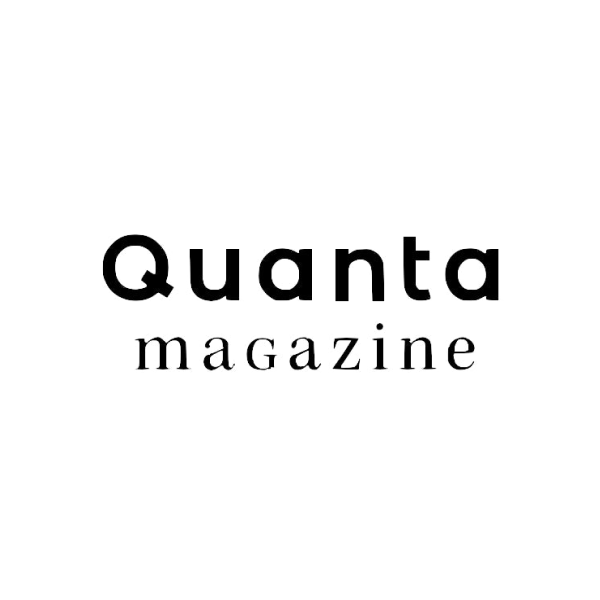
Physics16 May
The shape of physics
Prof. Yang-Hui He explores geometry’s surprising impact on physics and their interplay through the ages on Quanta’s The Joy of Why podcast.

Science funding3 Apr
My passion for maths
In a time of government cuts to mathematics, the entrepreneur and philanthropist Ben Delo explains why he’s funding a new Fellowship at LIMS.

AI-assisted maths2 Jan
The AI mathematician
On the Theories of Everything podcast, Prof. Yang-Hui He explains how machine learning is helping to revolutionise mathematical discovery.

Russia & Ukraine1 Nov 2024
Re-ordering Russia
Mikhail Khodorkovsky talks to Thomas W. Hodgkinson about the future of Russia and why he supports Fellowships at the London Institute.
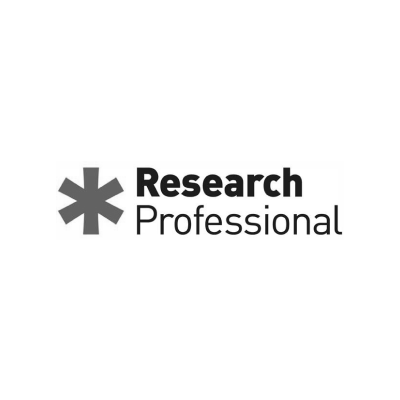
AI-assisted maths30 Oct 2024
Launch of Irix
The London Institute, which uses humans to speed up fundamental discovery, launches Irix, a company that harnesses machines to do the same.

Russia & Ukraine11 Oct 2024
Science needs Russians
Like chess, theoretical research is an international game played in the language of patterns. Its intrinsic value transcends politics.
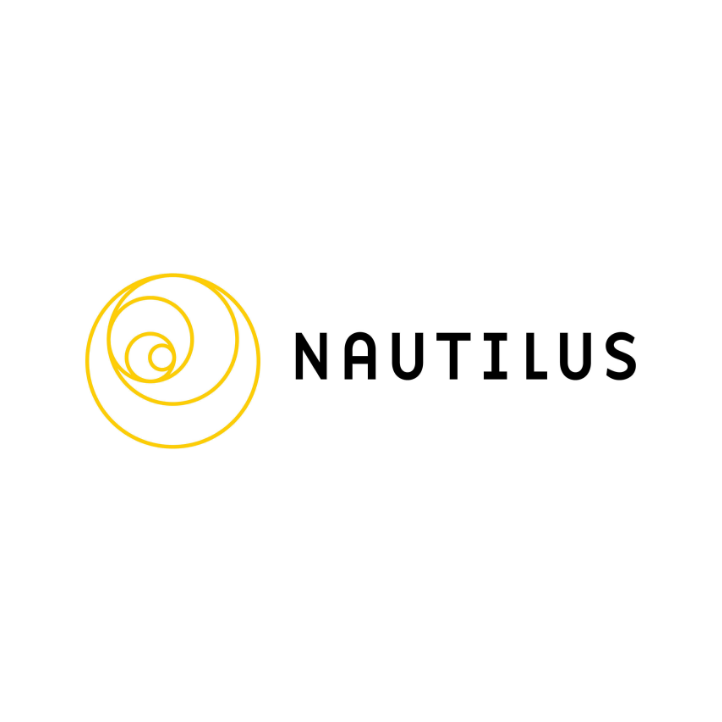
Physics & maths4 Sep 2024
From physics into maths
Why are physical insights from the real world proving so useful for solving abstruse problems in pure mathematics, Ananyo Bhattacharya asks.
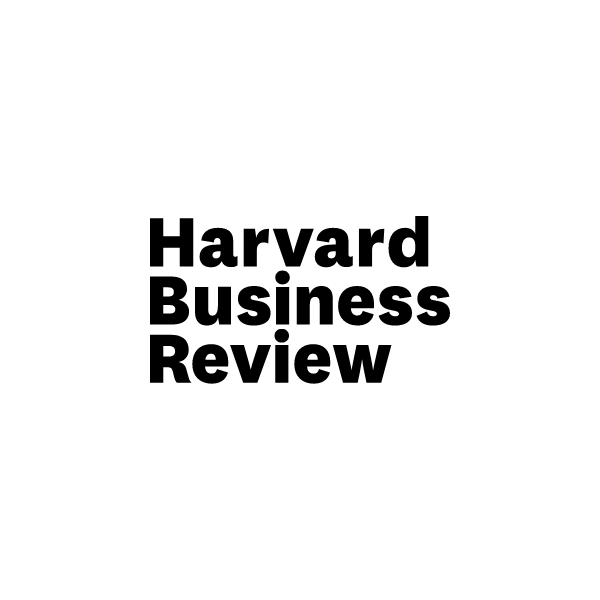
Org intelligence 29 Aug 2024
Spreading the word
In the Harvard Business Review, our trustee Martin Reeves and co-authors explain how ‘evolvable scripts’ greatly improve knowledge-sharing.

Science funding15 Aug 2024
Life of Riley
The Times' science editor interviews our new Trustee, Talulah Riley, about her love of physics and her work with the London Institute.

Russia & Ukraine11 Jun 2024
Beyond politics
Russia's brain drain is Britain’s gain. Yet the pursuit of knowledge, through global scientific collaboration, should transcend politics.

AI-assisted maths14 May 2024
Conjuring conjectures
In a Nature World View piece, our director Thomas Fink argues that mathematics is an ideal testing ground for AI-assisted discovery.

Creativity13 Apr 2024
Talking is thinking
Talking engages robust muscles of thought—not least when mathematicians take their problems to the blackboard, argues Thomas Hodgkinson.

Materials21 Mar 2024
Roll over, Newton
A robotic metamaterial has been made that violates Newton’s third law of motion, allowing for the propagation of topological solitons.
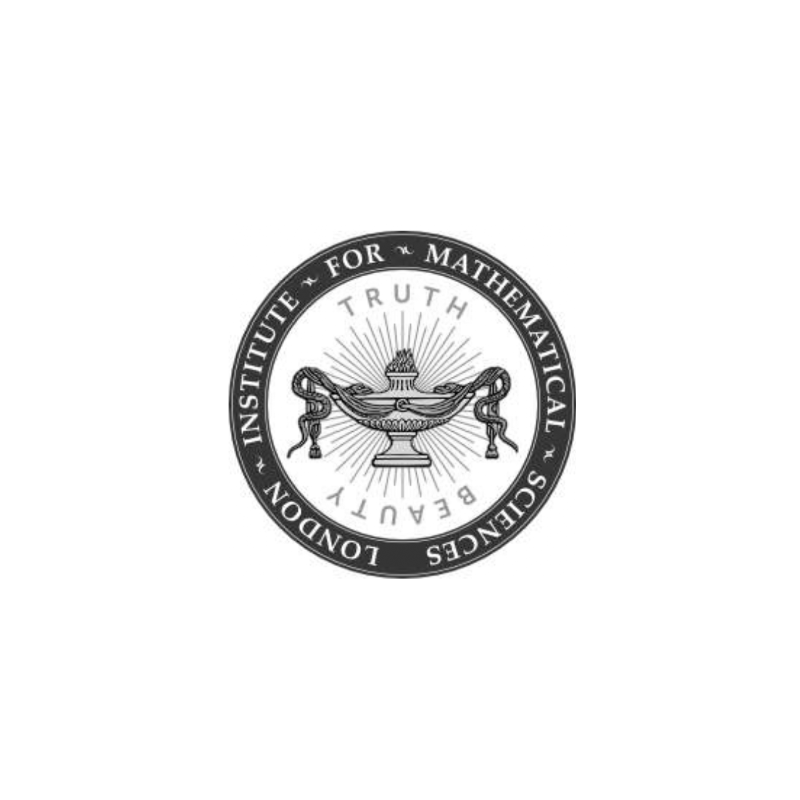
Materials20 Mar 2024
Making waves
A team including Oleksandr Gamayun has made the first mechanical metamaterial that transmits topological solitons in just one direction.
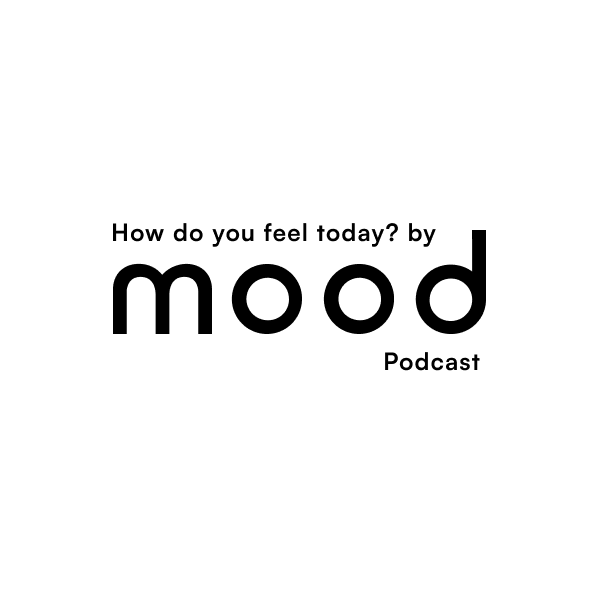
Creativity18 Mar 2024
Creative convergence
The advertising guru Graham Fink waxes lyrical about equations and working with the London Institute on the How Do You Feel Today? podcast.

Creativity16 Mar 2024
Let's talk about science
For its 225th birthday, our writer Thomas Hodgkinson hails the Royal Institution as proof of the vital importance of science communication.

Number theory5 Mar 2024
Elliptic curve mystery
Quanta reports on work by Yang-Hui He, who co-discovered unexpected patterns in a property related to the curves’ integer roots using AI.
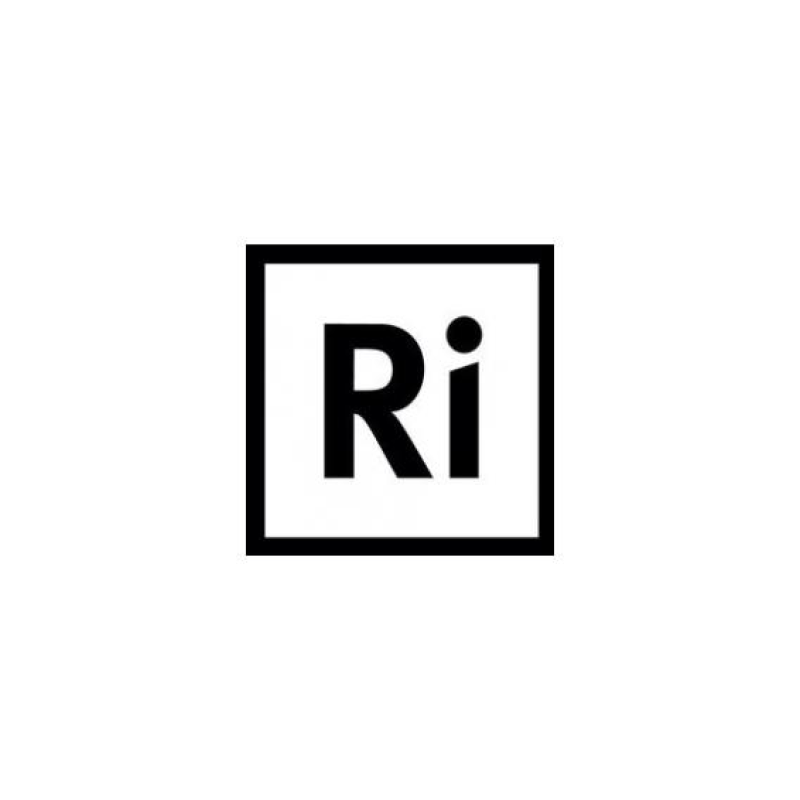
Geometry29 Feb 2024
Geometry’s dominion
Following his popular Discourse, Yang-Hui He joins writer Madeleine Hall to talk about the mysteries of geometry on the Ri Science podcast.
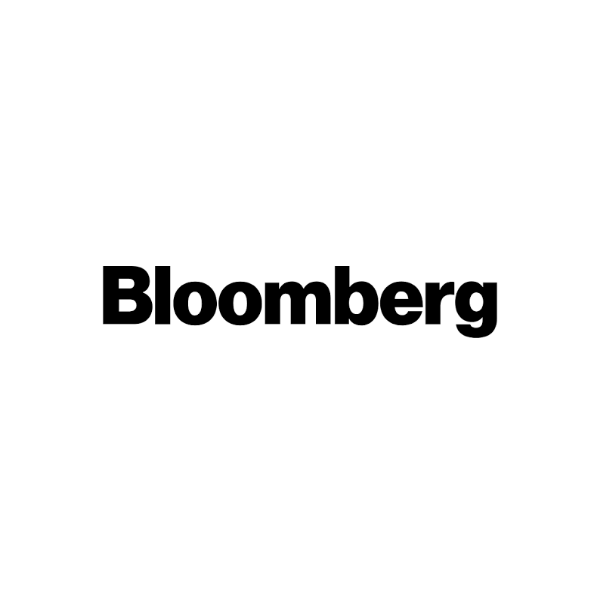
Russia & Ukraine20 Feb 2024
Security and freedom
A Bloomberg piece names our Arnold and Landau Fellowships as one of the few programmes offering help to Russian and Ukrainian scientists.

Creativity11 Jan 2024
The art of blackboards
In a piece in Nautilus, our scientists talk about why they prefer the 1,000-year-old technology of blackboards to their digital equivalents.

AI-assisted maths9 Jan 2024
A Birch for AI's back
In a Nature correspondence, our scientists argue that, by the terms of "the Birch test", no AI has yet made a genuine mathematical discovery.

Creativity5 Sep 2023
Science goes pro
Professional sport has a lot to teach scientists about pushing the limits of human achievement—so why are we still content to be amateurs?

Russia & Ukraine22 May 2023
The language of maths
A piece in The Times explains how, thanks to our Arnold and Landau Fellowships, theorists divided by war can find a common denominator.
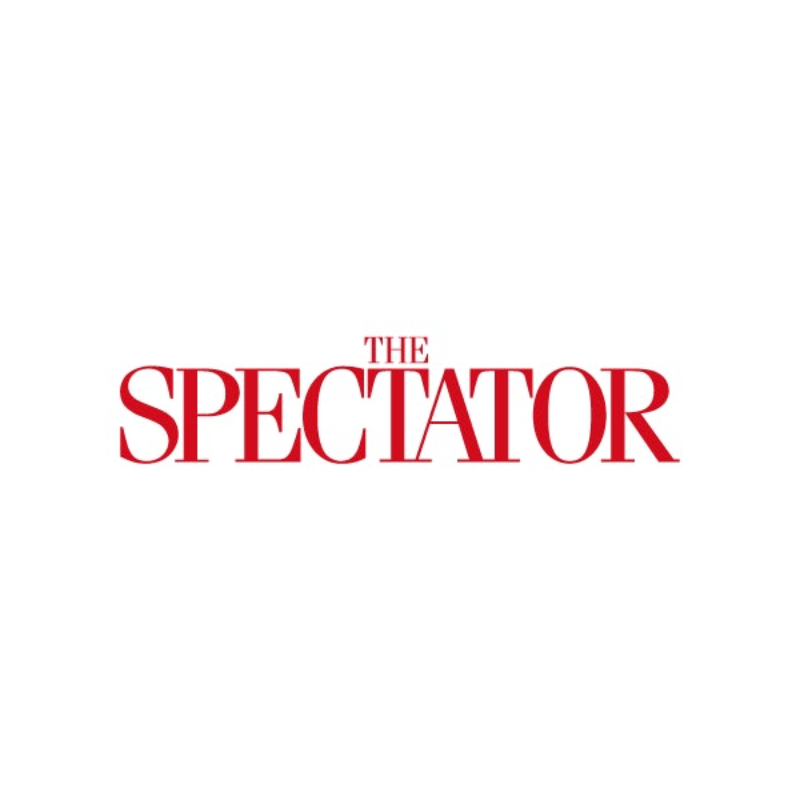
Science history4 Apr 2023
What are the chances?
In The Spectator, our writer Madeleine Hall hails John Venn, who pioneered not only Venn diagrams but also frequentist probability.

Science history14 Mar 2023
The big bang
A century ago, in our rooms in Mayfair, Sir James Dewar died. Our writer Thomas Hodgkinson pays tribute to the inventor of cordite in Nautilus.
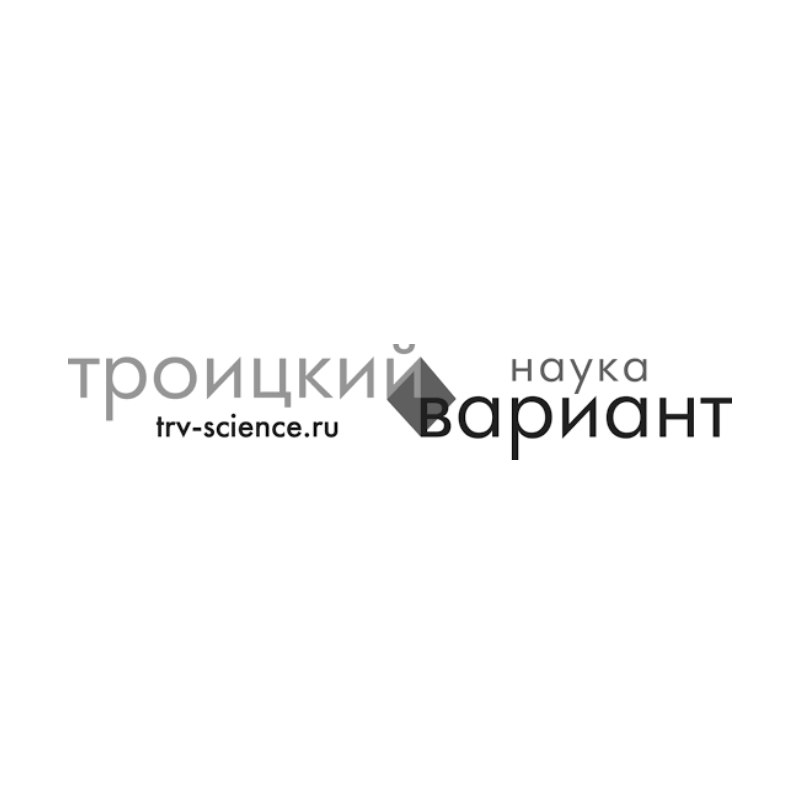
Russia & Ukraine23 Feb 2023
Science without borders
Our Arnold and Landau Fellowships continue a tradition of contact and collaboration between British and Russian scientists dating back to Newton.

Science funding13 Feb 2023
Accelerating science
In a letter in The Times, our Director Thomas Fink argues that supporting independent research centres will accelerate discovery for Britain.

Physics & maths9 Dec 2022
The beautiful game
The beautiful game of mathematics, accelerating discovery by seeing patterns among the patterns, deserves a Nobel prize all of its own.

Russia & Ukraine10 Oct 2022
Landau lives on
In the Thunderer column of The Times, Thomas Fink argues that Britain should open its doors to Russia’s top physicists and mathematicians.

Russia & Ukraine6 Oct 2022
Boost for British science
In Nature, the London Institute argues that its five new Research Fellowships for Russian theorists will be a boost for British science.

Evolvability11 Aug 2022
Price of immortality
Like Orpheus in the Underworld, the London Institute is challenging mortality, says our writer Thomas Hodgkinson in The Sunday Telegraph.

Russia & Ukraine1 Jul 2022
History repeats itself
The Royal Institution supported scientists fleeing 1930s authoritarianism. Now, thanks to our Arnold Fellowships, history repeats itself.
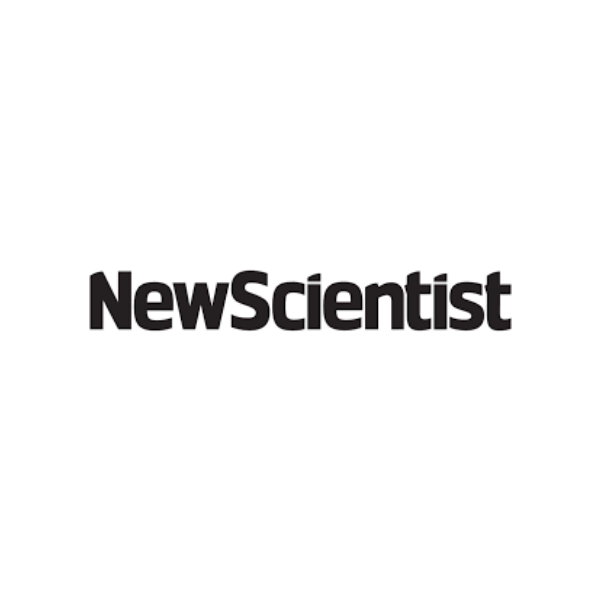
AI-assisted maths6 Jun 2022
AI helps with maths
An AI that can turn mathematics problems written in English into a formal proving language could make them easier for other AIs to solve.

Russia & Ukraine13 May 2022
From Russia with math
History suggests our new posts for physicists and mathematicians from Russia, Ukraine and Belarus will have an enduring impact on UK science.
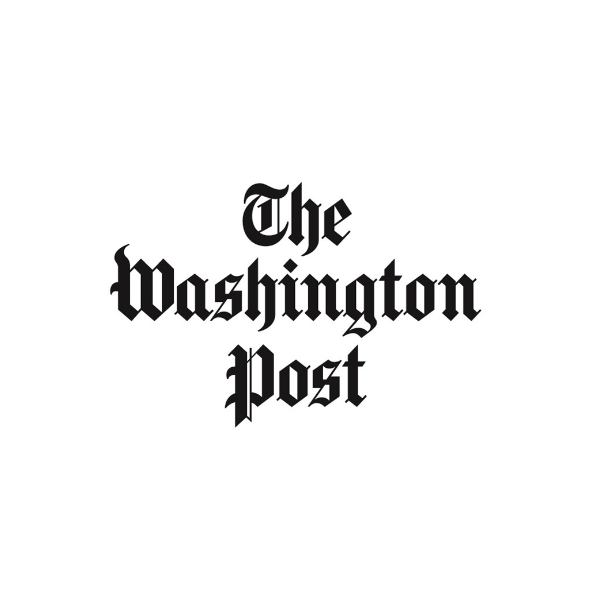
Evolvability1 May 2022
Death, be not proud
The Washington Post explains how man's mad search for immortality is getting serious in our cell programming collaboration with bit.bio.

Creativity21 Apr 2022
Designing web design
To mark our Webby nomination, we describe the design principles behind our website and how they evolved in tandem with the Institute itself.

Physics & maths12 Jun 2021
Challenging Times
Is free will a mathematical problem? How about immortality? Or the quest for AI? The Times reports on our 23 Mathematical Challenges.

Org intelligence 7 Jun 2021
Intelligent organisation
Showing up for work makes organisations more intelligent, because it let’s workers switch between focus and interaction in an unplanned way.

Creativity7 Mar 2021
Britain’s DARPA
As the government creates its Advanced Research and Invention Agency, it could learn from the exceptional history of the Royal Institution.

Physics & maths23 Feb 2021
Move to the Ri
The London Institute has moved into the iconic Royal Institution, where it will expand its programme of curiosity-driven theoretical science.
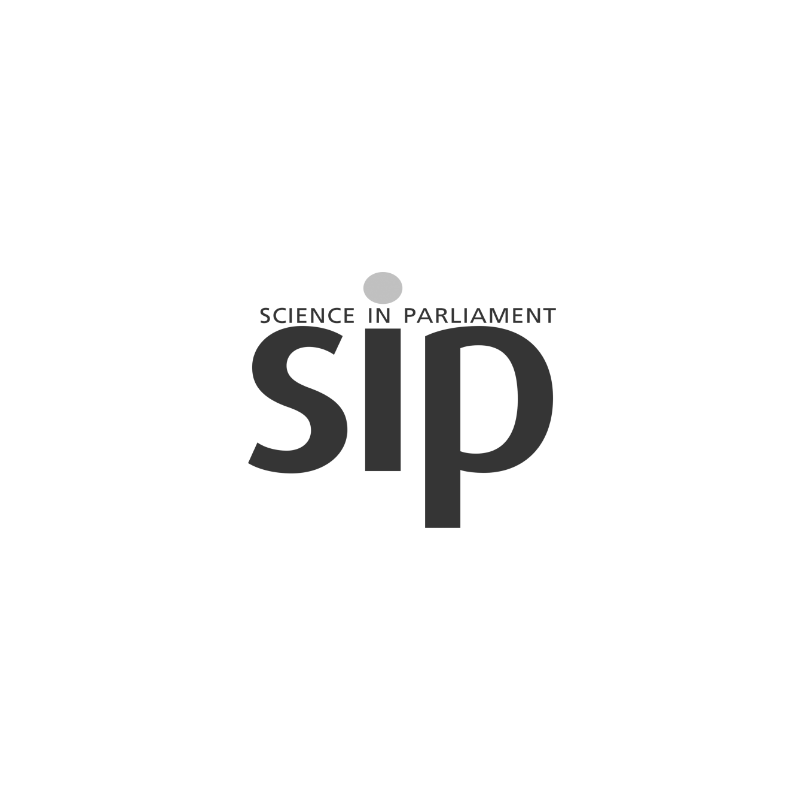
Science funding29 Jan 2021
Independent science
Supporting non-university research institutes with core funding will finally give aspiring researchers an alternative to a university job.
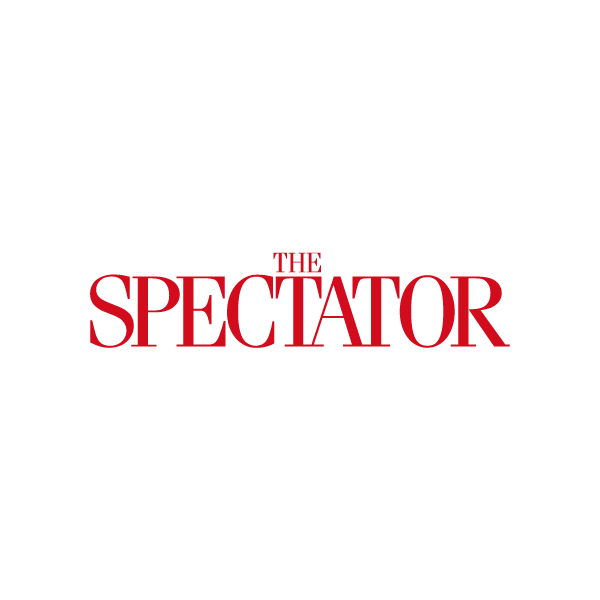
Physics & maths17 Dec 2020
A singular mind
In an interview with Thomas Fink, Sir Roger Penrose talks about his Nobel Prize, the beauty of physics—and why AI is nothing to fear.

Science funding8 Dec 2020
The value of theory
From Newton to Maxwell to Penrose, Britain has always excelled at theoretical science—so why doesn't the government do more to support it?
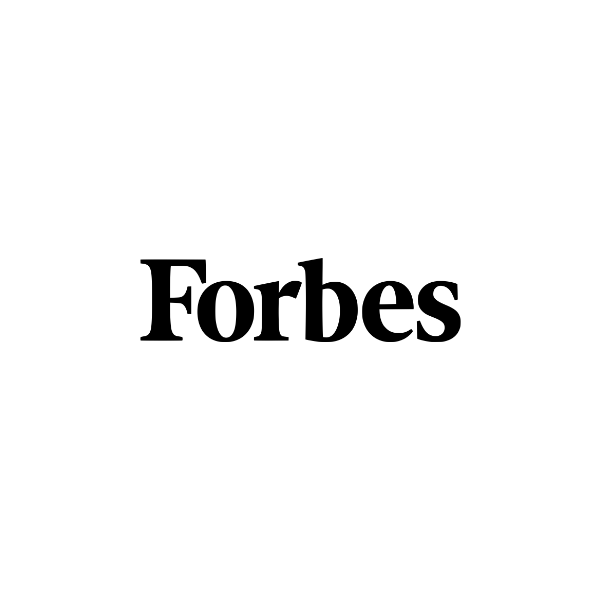
Cell coding13 Nov 2020
LIMS-bit.bio
Forbes explains how the London Institute, working with the biologists at bit.bio, may revolutionise our understanding of human life.

Cell coding27 Oct 2020
LIMS-bit.bio
The Times welcomes the collaboration between London Institute mathematicians and the biologists at bit.bio to crack cell reprogramming.
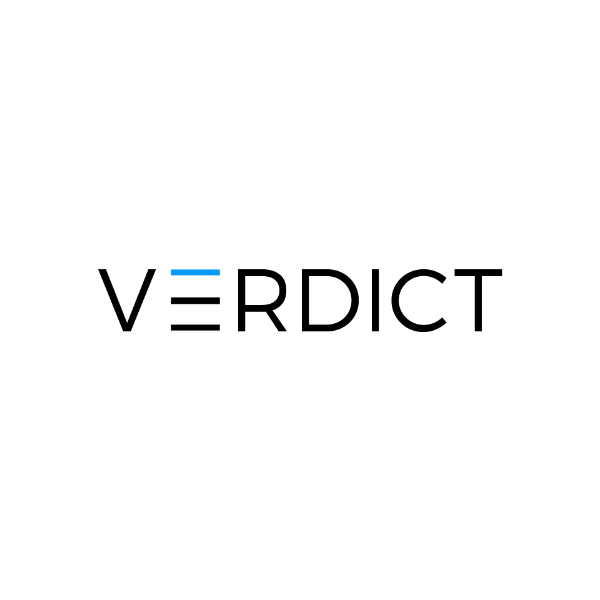
Cell coding22 Oct 2020
Maths, meet biology
Verdict reports on the collaboration between the London Institute and cell coding company bit.bio to decode the operating system of life.

Science funding14 Mar 2020
Back to basic science
Basic science—the kind done without consideration of its usefulness—leads to the biggest breakthroughs, which is why we need to protect it.

Innovation24 Feb 2020
Taming complexity
Complexity may be hard to unpick, without being inherently bad. Ensure the benefits of any addition to company systems outweigh its costs.
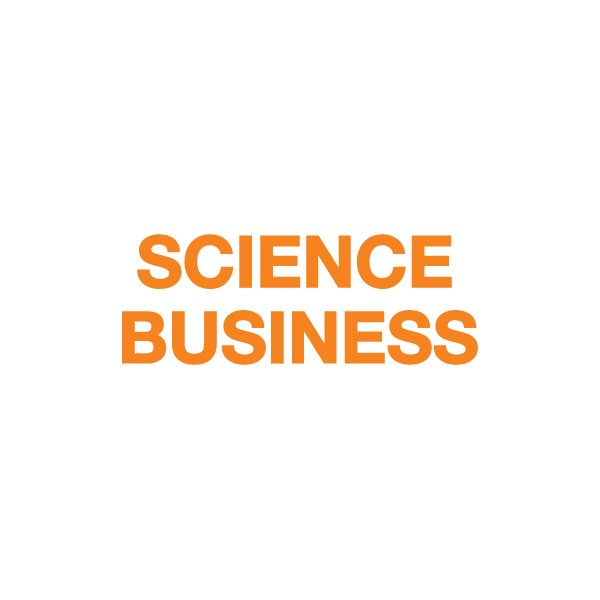
Science funding30 Jan 2020
Taking back research
In today’s Science|Business, the London Institute welcomes the prospect of a UK DARPA and calls for shorter turn-around times for funding.
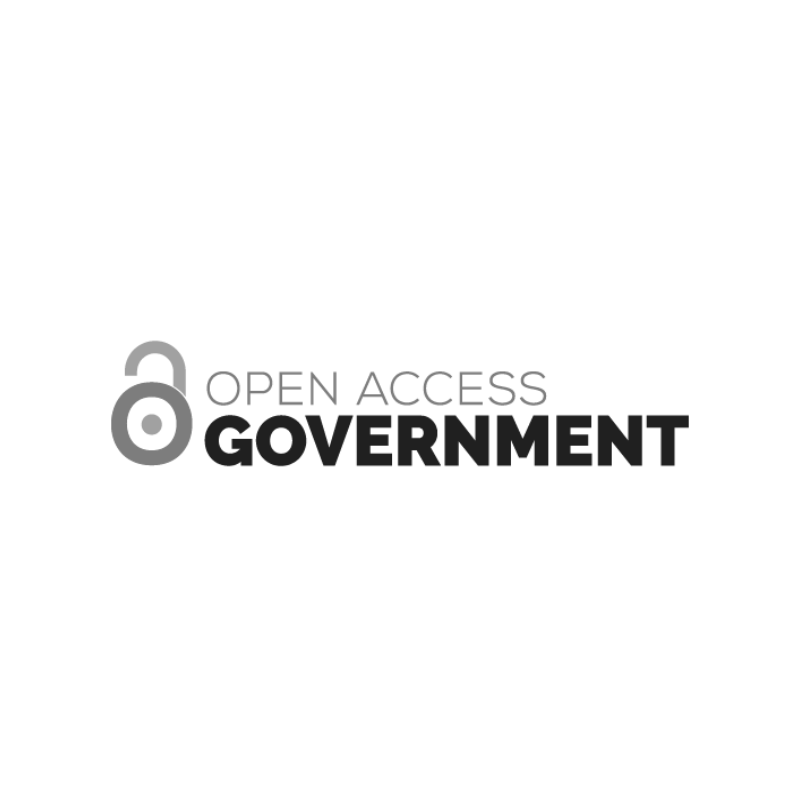
Science funding5 Nov 2019
Post-Brexit science
EU funding favours applied research over basic science, but Brexit is a chance to redress the bias and protect curiosity-driven research.
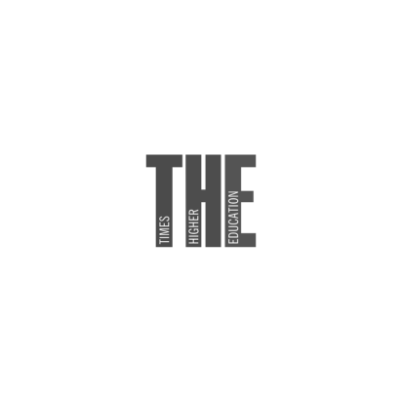
Science funding4 Apr 2019
A new kind of science
More independent research centres would provide an alternative to the university model of research, where teaching is bolted to science.

Physics & maths1 Apr 2019
Sage of discovery
British Airways’ inflight magazine runs a three-page profile of the London Institute, its founder and its new approach to doing science.
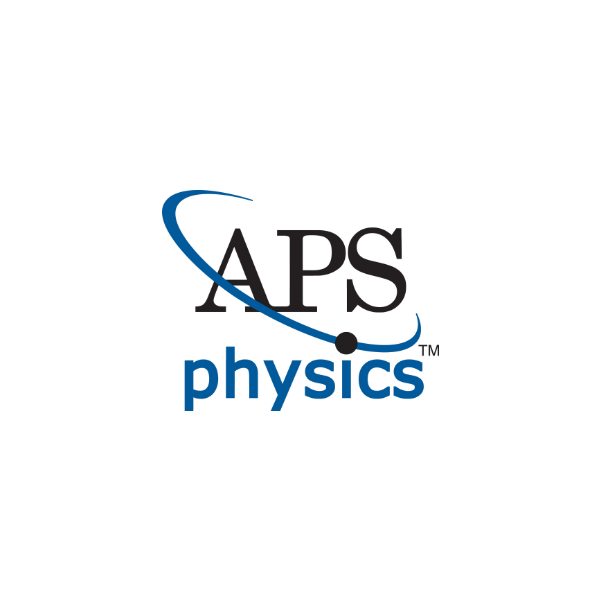
Thermodynamics31 Jul 2018
Slurry in a hurry
The 3D structures of slurries—fluids full of solid particles—can be swiftly measured using a single 2D shot and electron diffraction data.
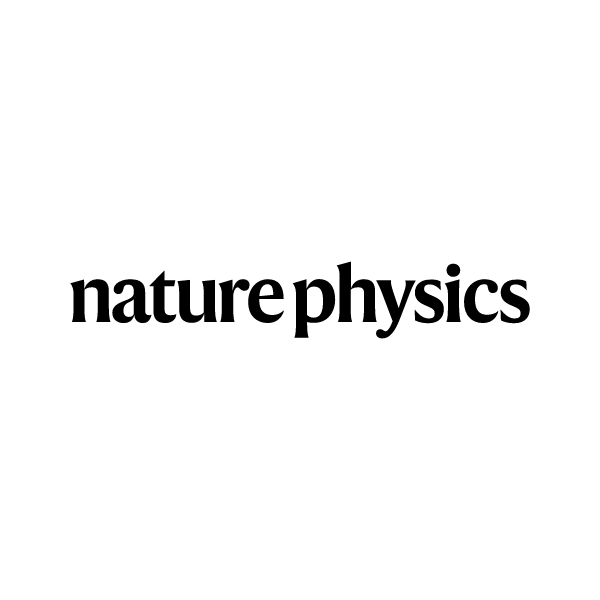
Innovation25 Sep 2017
Yes you cayenne
In innovation, the most apparently niche ingredients may turn out to be the most useful, as the structures of recipes become more complex.

Discovery10 Jun 2017
Moore means less
Following Moore's law, solar power will become ever cheaper as an energy source—and there’s nothing Donald Trump can do about it.

Markets10 Apr 2017
A little bird told me
Twitter sentiment during busy periods, such as ahead of quarterly earnings releases, provides some indication if a stock will rise or fall.
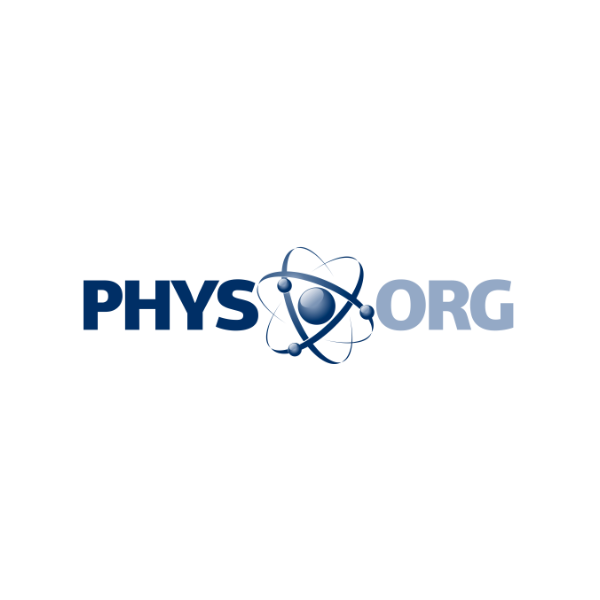
Financial risk5 Apr 2017
Fools rush in
Measures meant to stabilise economies may have the opposite effect, creating cyclical structures in the networks of contracts between banks.
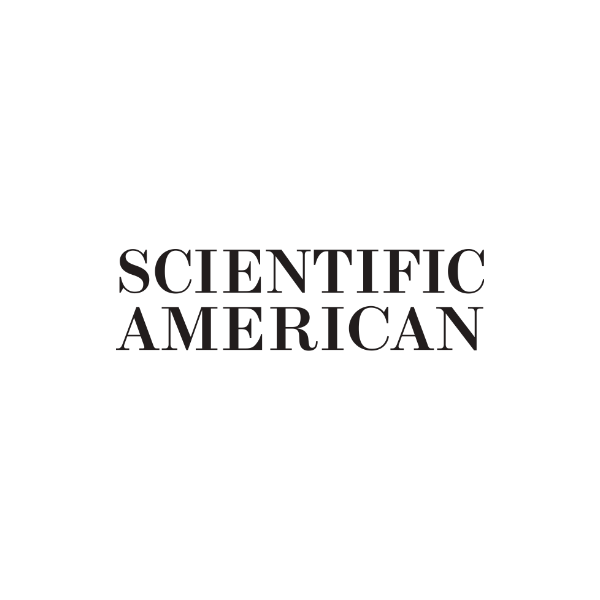
Innovation6 Jan 2017
Harnessing Serendipity
Quirky and apparently mysterious, innovation is critical to sustained economic growth—and mathematics can help us understand how it works.

Tech progress12 May 2016
The future’s bright
Architects are designing rotating homes to increase the efficiency of solar power, while its cost is set to keep falling by 10% annually.
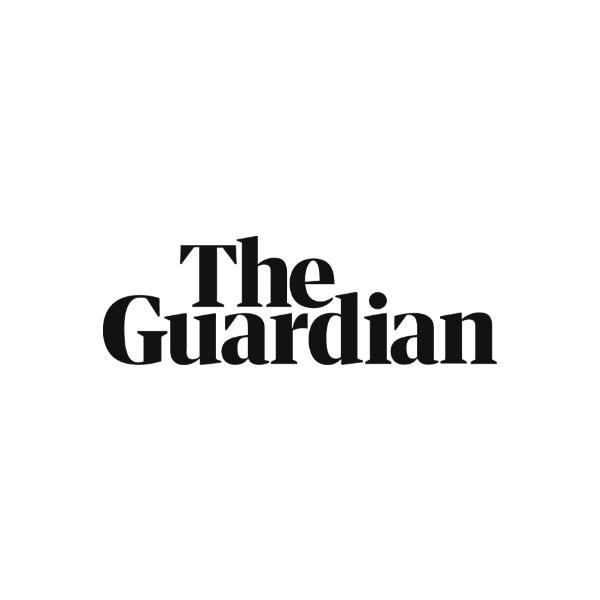
Tech progress26 Jan 2016
Here comes the sun
The cost of solar power will continue to fall by 10% annually, meeting 20% of global energy needs far sooner than has been predicted.
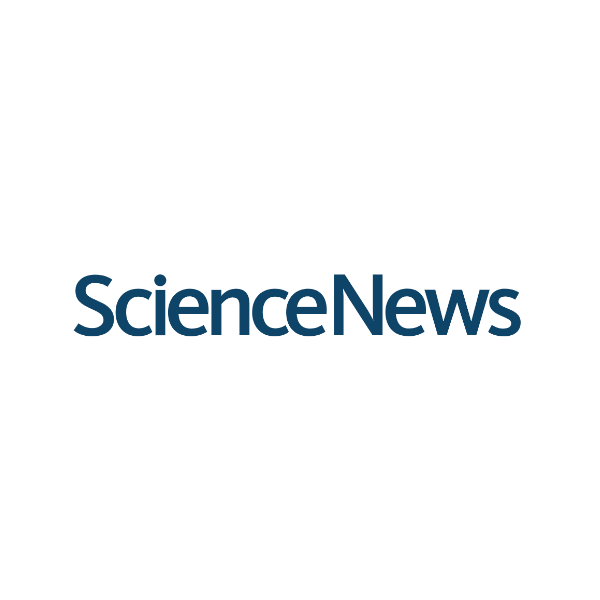
Markets25 Jan 2015
A stock response
The simultaneous study of news sentiment and browsing behaviour, even on small time-scales, can help to predict stock market fluctuations.
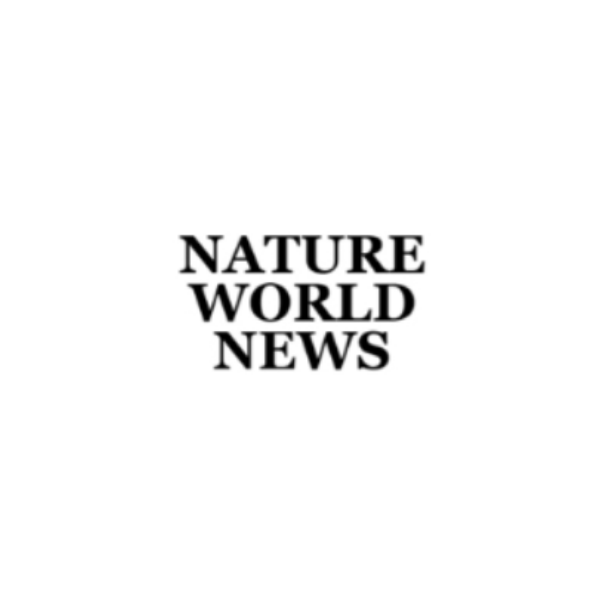
Network theory4 Oct 2014
Beauty in repairability
The hunt for networks that best combine efficiency with repairability, to avoid breakdown, leads to structural designs that resemble snowflakes.

Network theory3 Oct 2014
Snowflakes don't break
Snowflake-shaped networks, with redundant arms that come into use when main branches break down, are easiest to fix when disaster strikes.
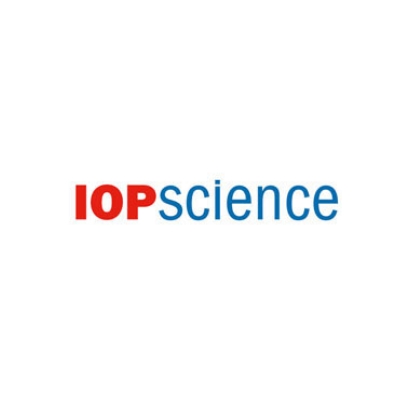
Fractals20 Feb 2013
Towers of strength
The Eiffel tower is now a longstanding example of hierarchical design due to its non-trivial internal structure spanning many length scales.